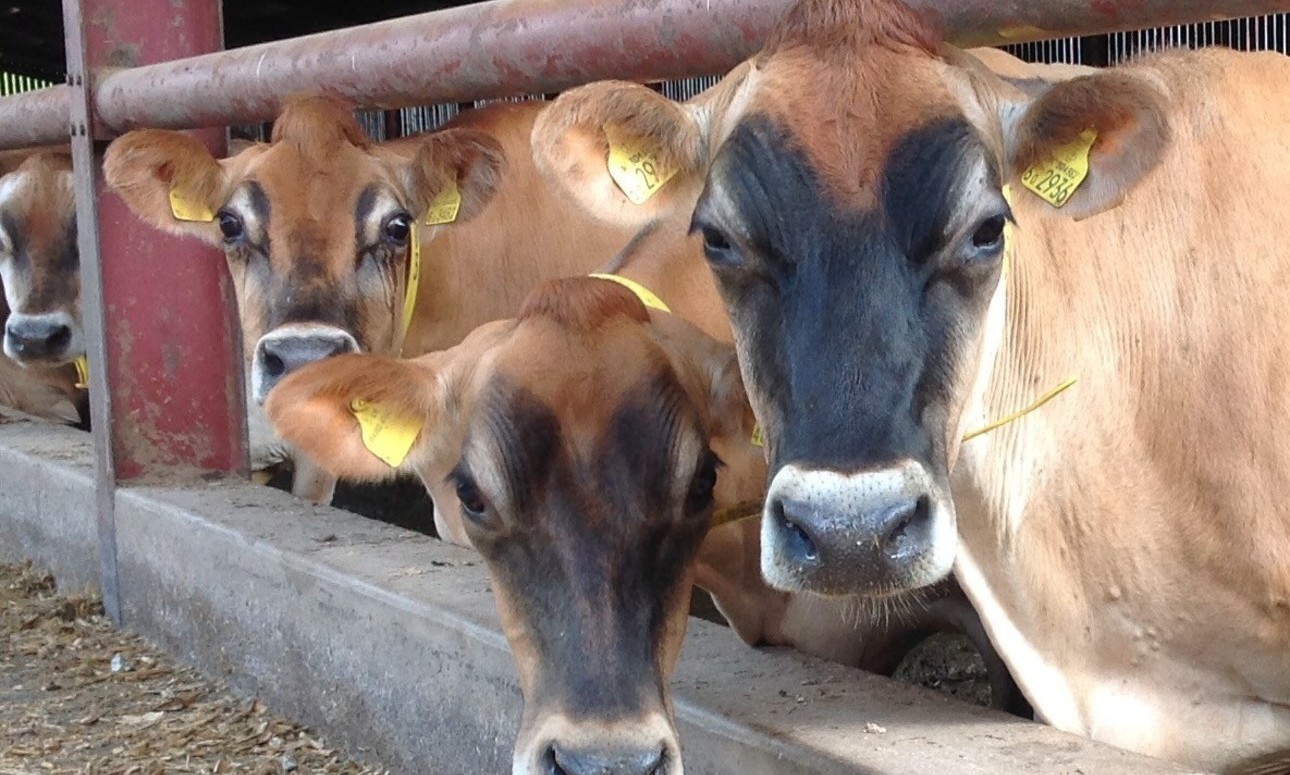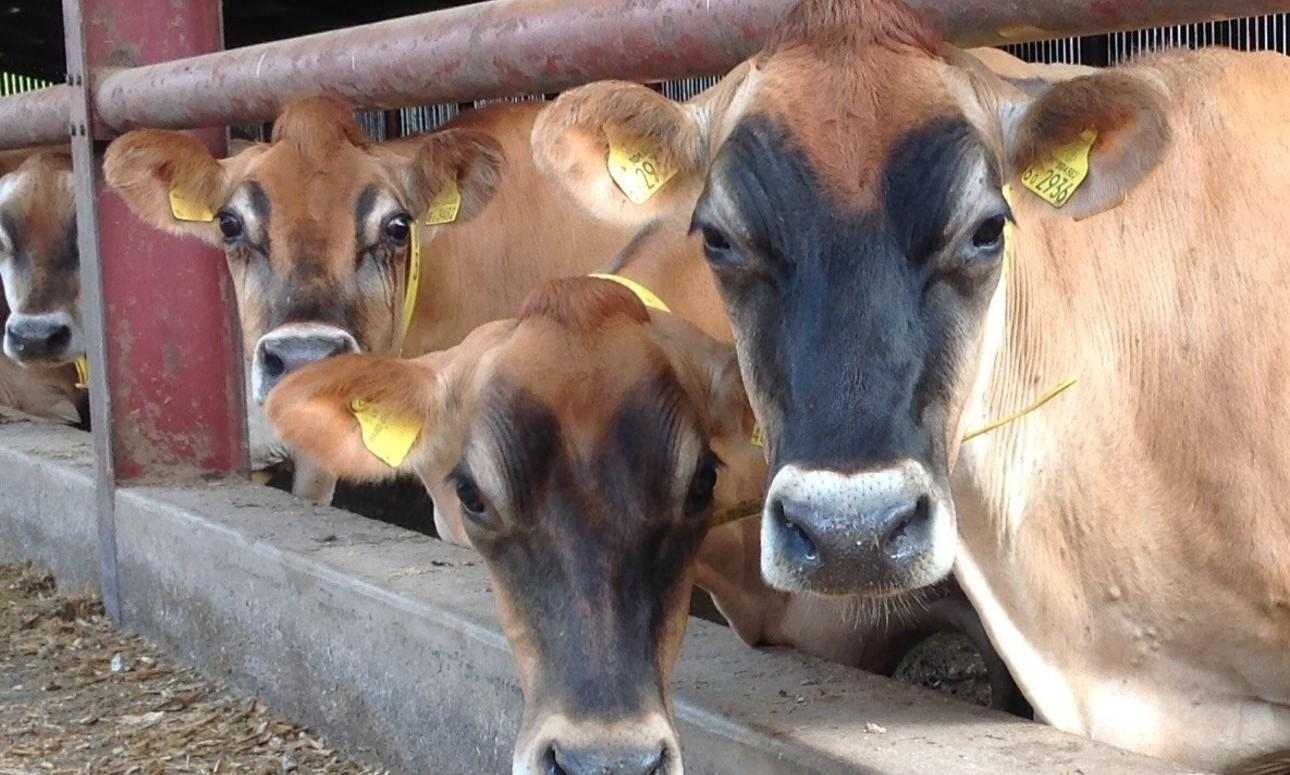Switch to Deosan hygiene products reduces Batoscan levels at Blodwell Hall Farm
The tailored hygiene plan included a specific focus on their pre-milking routine.


Peter Moreleigh milks 650 jerseys on a dairy unit at Blodwell Hall Farm in the Oswestry area in the UK. The unit has teams of 3 on each shift, with milkings taking about 4 hours, twice daily. The business also milks on two other farms, totalling 1200 cows in total.
Three years ago, the farm was suffering from variable bactoscan levels and somatic cell counts (SCCs), so looked more closely at their whole hygiene plan, with a specific focus on their pre-milking routine.
Staff at Llanblodwell Hall were previously using teat wipes which were dipped in a homemade pre-dip product to increase moisture and aid cleaning. But homemade fixes don’t always work, which meant facing high SCCs as a result.
Michaela Rowlands, Deosan Dairy Hygiene Specialist, first visited the farm two years ago to give advice and suggest improvements. She created an overall hygiene plan and gave detailed mastitis talks to all staff on protocols and guidance.
Teat wipes and teat spray have both been changed, and they now use Deosan pre-spray with wipes, and iodine-based Deosan Super Excel post-dip, which has proven efficacy against mastitis-causing pathogens, as well as 10% glycerine to help teat condition.
Due to their tailored hygiene plan and expert guidance from Michaela, Bactoscan levels have dropped to around 30 from 100, while SCCs have dropped to below 150 from over 250.
“The switch to Deosan products has provided us with more consistency to the daily hygiene routine, as well as saving us time. We now use the same Deosan products across all milking units as they’ve proved a valuable return on investment, proven by the bactoscan and SCC results,” says Peter.
Be the first to hear more success stories from the Deosan team by following them on LinkedIn.
